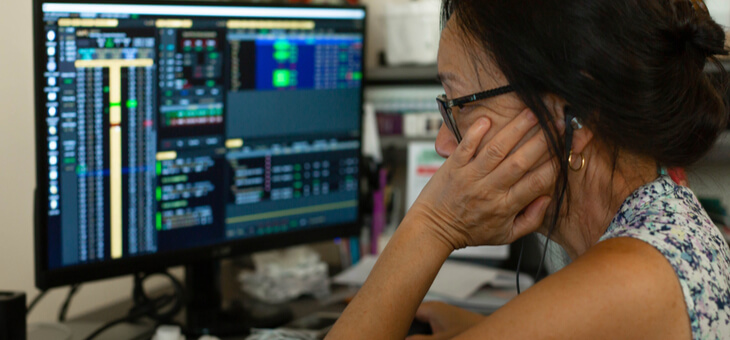Bernadette is interested in her reporting responsibility for any shares she buys and sells.
—
Q. Bernadette
If I invested $1000 in a recommended company and sold when my share investment reached $5000, what would be my Centrelink and taxation reporting responsibility?
A. Both shares and any money held in a savings account are treated the same by Centrelink and are assessed under the income and assets test.
Read: Basic and advanced ETF investing strategies
Under the assets test, the value of the financial asset is assessed and under the income test, the deemed income is counted.
Centrelink considers account-based investments, market-linked investments and some income streams to be financial investments.
Market-linked investments include: managed investments; shares and securities; bonds; notes and debentures; and superannuation if you’re over the Age Pension age.
Read: ATO reveals common tax traps that could lead to an audit
For market-linked investments such as shares, Centrelink will not show their face value but their net market value, which is the last trade or sale price of the investment, minus any loan.
When calculating the income from your investments, Centrelink applies the deeming rules. The deeming rules use the gross value of your investments to calculate the amount of deemed income that will be included in the income test.
Centrelink revalues market-linked investments, shares and securities each March and September.
It either:
- gets the new values from the latest unit prices it has, or
- asks you for the latest values.
Read: Why ETFs are the ideal retirement option
What this means is that your shares will be continually assessed throughout the time you own them and when the time comes to sell the shares your situation won’t change significantly as you are just converting one financial asset into another.
While this will not have an effect on how your pension is treated, you will still need to keep Centrelink updated when you sell your shares.
In terms of your tax obligations, you will be required to pay capital gains tax when you sell your shares and report the sale of your shares in your tax return.
Do you have a Centrelink question you would like answered? Why not ask in the comments section below?
If you enjoy our content, don’t keep it to yourself. Share our free eNews with your friends and encourage them to sign up.
Disclaimer: All content on YourLifeChoices website is of a general nature and has been prepared without taking into account your objectives, financial situation or needs. It has been prepared with due care but no guarantees are provided for ongoing accuracy or relevance. Before making a decision based on this information, you should consider its appropriateness in regard to your own circumstances. You should seek professional advice from a Centrelink Financial Information Services officer, financial planner, lawyer or tax agent in relation to any aspects that affect your financial and legal circumstances.

